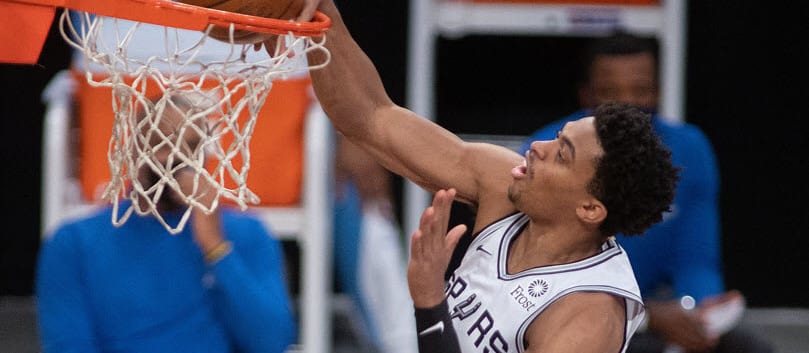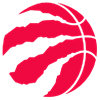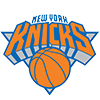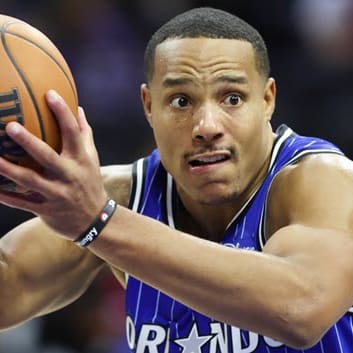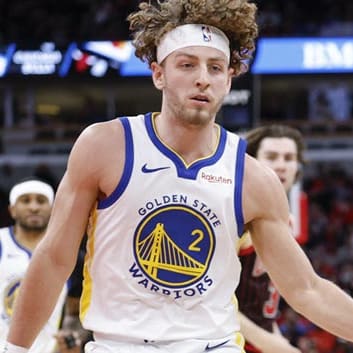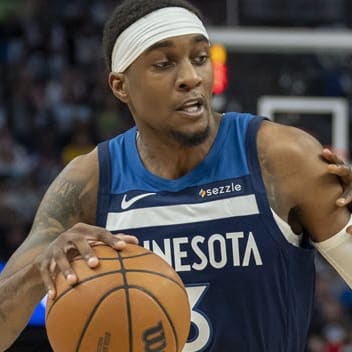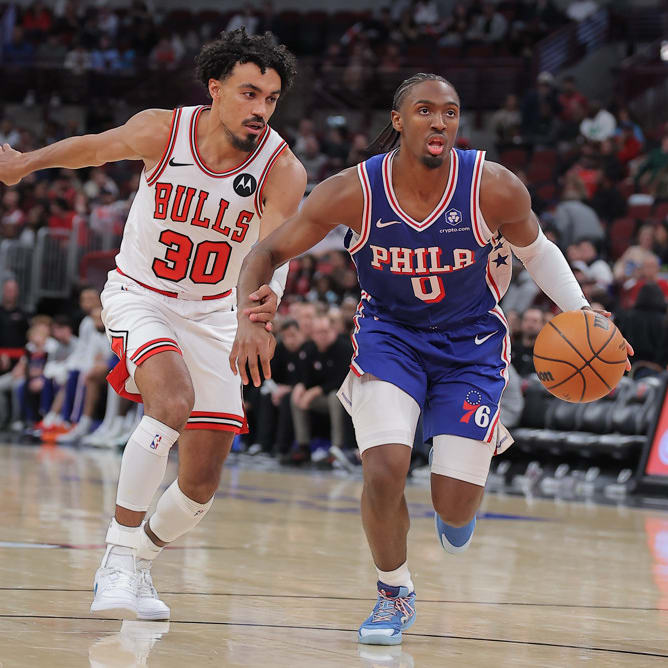Usage rate is an ultra-important stat to consider in fantasy basketball. Per Basketball-Reference, usage rate is defined as, "an estimate of the percentage of team plays used by a player while he was on the floor." If we really want to get technical, the formula to calculate usage rate is:
100 * ((FGA + 0.44 * FTA + TOV) * (Tm MP / 5)) / (MP * (Tm FGA + 0.44 * Tm FTA + Tm TOV))
Basically, the more a player is involved in his team's plays -- those that results in field goal attempts, free throws or a turnover -- the more opportunities he has to accumulate points.
Let's dive into this stat and highlight some players who have seen either a significant increase, or decrease, in usage rate compared to last season.
Risers
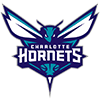 Miles Bridges, Charlotte Hornets
Miles Bridges, Charlotte Hornets
2019-20 usage rate: 17.3 percent
2020-21 usage rate: 24.4 percent
Any article focusing on players with significant improvement compared to last season has to include Bridges. He's taken on an expanded role, averaging 37 minutes per game, compared to 29 minutes per game last season. That's helped him increase his averages to 7.4 rebounds, 3.3 assists and 1.7 steals per game.
The biggest increase in his production, though, has come in the scoring department. With his usage rate increasing by over seven percentage points, he's averaged 22.3 points per game. He's also been more active from behind the arc, averaging 7.7 three-point attempts per game, compared to
Usage rate is an ultra-important stat to consider in fantasy basketball. Per Basketball-Reference, usage rate is defined as, "an estimate of the percentage of team plays used by a player while he was on the floor." If we really want to get technical, the formula to calculate usage rate is:
100 * ((FGA + 0.44 * FTA + TOV) * (Tm MP / 5)) / (MP * (Tm FGA + 0.44 * Tm FTA + Tm TOV))
Basically, the more a player is involved in his team's plays -- those that results in field goal attempts, free throws or a turnover -- the more opportunities he has to accumulate points.
Let's dive into this stat and highlight some players who have seen either a significant increase, or decrease, in usage rate compared to last season.
Risers
 Miles Bridges, Charlotte Hornets
Miles Bridges, Charlotte Hornets
2019-20 usage rate: 17.3 percent
2020-21 usage rate: 24.4 percent
Any article focusing on players with significant improvement compared to last season has to include Bridges. He's taken on an expanded role, averaging 37 minutes per game, compared to 29 minutes per game last season. That's helped him increase his averages to 7.4 rebounds, 3.3 assists and 1.7 steals per game.
The biggest increase in his production, though, has come in the scoring department. With his usage rate increasing by over seven percentage points, he's averaged 22.3 points per game. He's also been more active from behind the arc, averaging 7.7 three-point attempts per game, compared to 4.4 last season.
The downside to Bridges' increased usage rate -- and attempts from behind the arc -- is that his field goal percentage has dropped to 44.7 percent -- down from 50.3 percent a season ago. Given that he didn't shoot higher than 46.4 percent in either of his first two seasons in the league, Bridges' efficiency rate is more likely to sustain, rather than improve significantly.
Terry Rozier finally being healthy could eventually deal a blow to Bridges' usage rate, but with how successful he's been, it's still likely to remain significantly higher than last season.
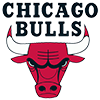 DeMar DeRozan, Chicago Bulls
DeMar DeRozan, Chicago Bulls
2019-20 usage rate: 26.1 percent
2020-21 usage rate: 30.5 percent
The Bulls re-worked their roster during the offseason, with one of their biggest moves being the addition of DeRozan. With the Spurs rebuilding, they decided to move on from their former star and send him to Chicago in a sign-and-trade. While the team didn't have a lot of success last season, DeRozan did on an individual basis, averaging 21.6 points, 4.2 rebounds and 6.9 assists, while shooting 49.5 percent from the field.
It's pretty clear that the Bulls want DeRozan and LaVine to lead their scoring attack. They stagger the two on the floor once substitutions begin, leaving at least one of them out there at all times to lead the offense. The Bulls are rolling with defensive-minded players at the other forward spot with Patrick Williams (wrist) out, and they don't have great scoring options on the bench, so DeRozan should remain busy throughout the season.
It's worth noting, however, that while his increased usage rate has left him to average 26.9 points per game, his assists have declined to 3.6 per game. That trend could continue playing alongside good passers in Zach LaVine, Lonzo Ball, and even Nikola Jokic, who's an above-average distributor for a big man.
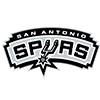 Keldon Johnson, San Antonio Spurs
Keldon Johnson, San Antonio Spurs
2019-20 usage rate: 19.2 percent
2020-21 usage rate: 24.8 percent
With DeRozan gone, the Spurs had a big hole to fill within their offense. So far, Johnson has helped step in to fill that void. His playing time has only increased about one minute per game compared to last season, but he's averaged 16.2 points thanks to his expanded role.
The Spurs don't exactly have a plethora of scoring options on the roster, so Johnson should remain in line for significant scoring opportunities. However, the downside is that he hasn't been super-efficient, shooting 45.5 percent from the field and 69.2 percent from the free-throw line. Add that to his minimal averages of 1.9 assists and 0.3 three-pointers, and his fantasy upside is limited in roto leagues.
Fallers
 Nikola Vucevic, Chicago Bulls
Nikola Vucevic, Chicago Bulls
2019-20 usage rate: 29.3 percent
2020-21 usage rate: 21.1 percent
The Bulls acquiring Vucevic at the trade deadline last season was the first move to significantly retool their roster. He started out the season with a 29.9 percent usage rate with the Magic, but his usage rate declined to 28.2 percent playing alongside LaVine. Still, he produced robust averages of 21.5 points and 2.2 three-pointers with the Bulls.
The additions of DeRozan and Ball figured to deal a blow to Vucevic's usage rate, but it's more drastic than many had anticipated. With that being said, part of the reason for his lack of shot attempts could be his shooting slump that has seen him shoot 37.8 percent from the field and 26.2 percent from behind the arc.
For those who have regularly watched the Bulls, Vucevic's struggles have clearly gotten into his head. It reached the point in Monday's game against the Nets that he missed a dunk and a layup on consecutive plays. However, he did hit some key shots in the fourth quarter, including a three-pointer that helped the Bulls start to pull away. His usage rate could increase as his confidence returns, but don't expect it to return to last season's level, regardless.
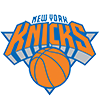 Kemba Walker, New York Knicks
Kemba Walker, New York Knicks
2019-20 usage rate: 26.1 percent
2020-21 usage rate: 19.6 percent
Of all of the players with a significant decline in usage rate, Walker's might be the most concerning. He changed teams two times during the offseason, ultimately ending up with the Knicks after agreeing to a buyout with the Thunder. Knee injuries have hampered him in recent seasons, but when healthy, he showed he could still be a potent scorer with the Celtics last season.
While Walker is likely happy that he's back with a playoff contender, the Knicks' have a very deep roster. The point guard position is no exception, where they also have Derrick Rose and Immanuel Quickley. They brought back Evan Fournier at shooting guard, have the emerging RJ Barrett at small forward and they still have Julius Randle, who showed massive improvements last season. All of that has added up to Walker not only shooting less, but averaging just 27 minutes per game. Both of those trends could continue as the Knicks try to keep him healthy for the playoffs.
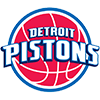 Jerami Grant, Detroit Pistons
Jerami Grant, Detroit Pistons
2019-20 usage rate: 28.5 percent
2020-21 usage rate: 25.0 percent
The Pistons were a train wreck last season. One of their few bright spots was Grant, who they brought over from the Nuggets. He thrived in a leading role, averaging 22.3 points, 4.6 rebounds, 2.8 assists and 2.1 three-pointers per game. His massive spike in usage rate, combined with increased playing time, left him as an extremely valuable fantasy option.
While the Pistons are still in the early stages of a rebuilding process, their offense has more options this season. The most notable addition was number one overall pick Cade Cunningham. They also expect to see further progress in Saddiq Bey's development. They even added Kelly Olynyk, who is much more of a scoring threat than the departed Mason Plumlee up front.
Grant could continue to see a reduced usage rate as the season plays out. However, his scoring average of 16.6 points per game could also improve as his 38.3 percent shooting from the field normalizes. Last season, he shot 42.9 percent on dramatically more volume as he went from role player in Denver to featured option in Detroit.


